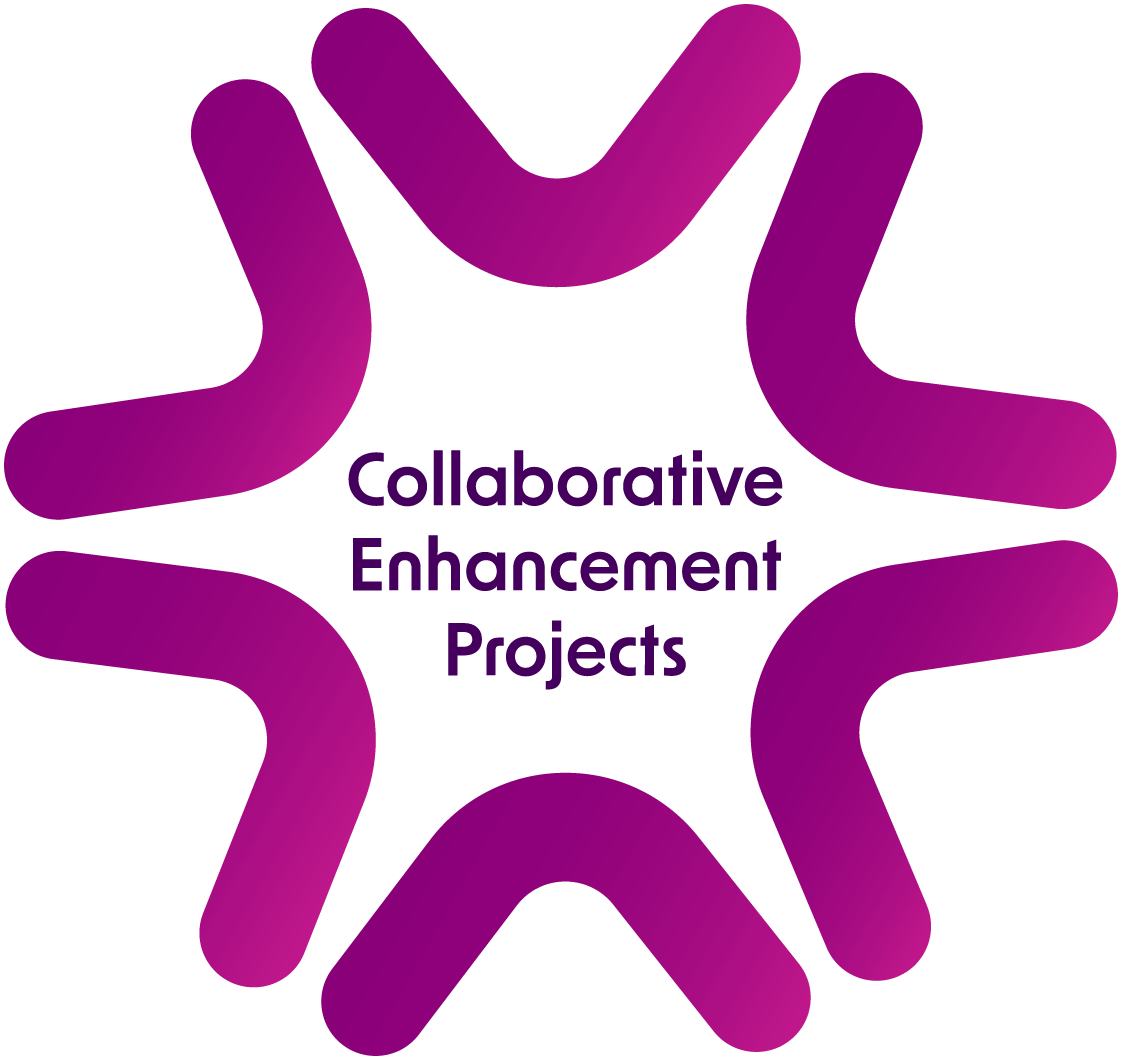Programme-level assessment a review of the current landscape
Publication date: 21 Jan 2026

This project aims to develop robust quality assurance models that enable the adoption of holistic, programme-level assessment strategies. It is standard practice for credit-bearing modules to include their own discrete assessments. By challenging this convention, the project seeks to promote assessment practices that better reflect programme-level learning outcomes and provide a more integrated student experience.
This project aims to generate robust quality assurance models to support adoption of more holistic, programme-level assessment strategies.
The modular structure of most UK degree programmes is sustained by an interpretation of the UK Credit Transfer and Accumulation System, which defines notional learning hours to include teaching, independent study, and assessment.
There is no explicit requirement that assessment must be contained within individual modules. Nevertheless, it is wide-spread practice for credit-bearing modules to contain their own discrete assessments. Often this fragments assessment, so it fails to develop holistic disciplinary understanding and struggles to assess overarching themes such as transferrable skills.

NSS results for assessment and feedback indicate that students perceive assessments as hurdles rather than opportunities for deep learning and integrated knowledge and skills development. Academic staff report that student learning is often overly compartmentalised. Integrative approaches to assessment can overcome some of the drawbacks of traditional approaches, fostering an ethos of learning through assessment. For example, instead of each module requiring its own assessments, a semester's worth of modules could be assessed through one or two well-considered assessments that evaluate learning across all constituent modules.
Programme-level assessment could also enable student choice of assessment task and mode. Assessment optionality appears to increase self-determination, self-management of learning, engagement and satisfaction, and promote accessibility and inclusion. However, the challenge is how to define equivalence of either load or attainment when different students choose different tasks to demonstrate the same learning outcome.
Harmonising assessment across multiple credit-bearing learning blocks presents new opportunities and challenges related to maintaining academic standards. The current situation represents less a regulatory constraint than a self-imposed limitation created through cautious interpretation of the credit framework. The rules and systems, initially set up as safeguards for quality, now create boundaries that resist meaningful change. For attempts to modernise assessment to be sustainable, we need to reimagine robust measures of attainment while still working within the established credit framework.
This collaborative project will bring together students, and academic and quality assurance staff from universities with different strategic priorities and missions, but with a common interest in assessment modernisation and co-enhancing the student experience.
Publication date: 21 Jan 2026